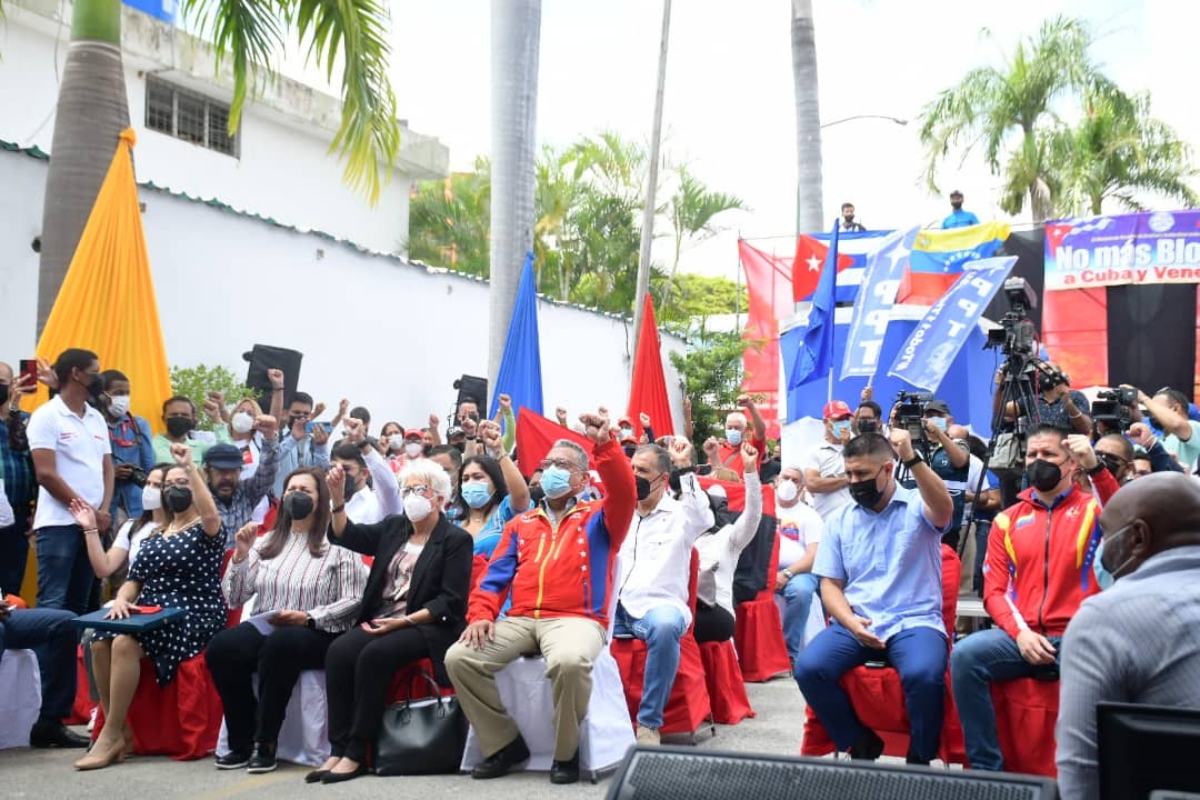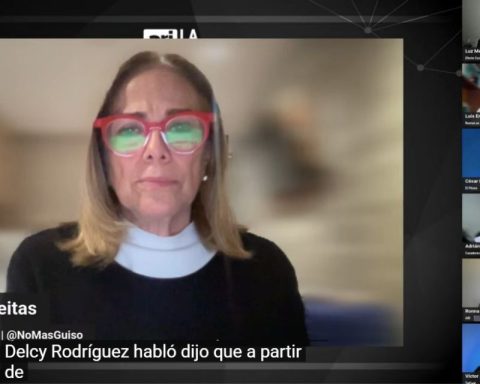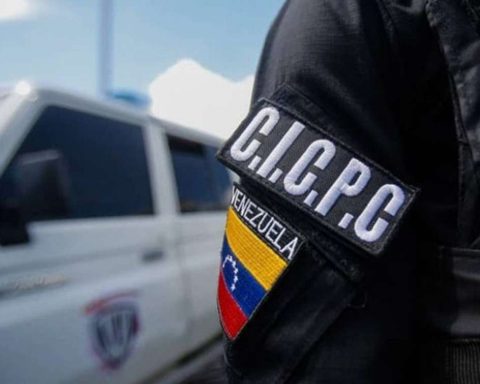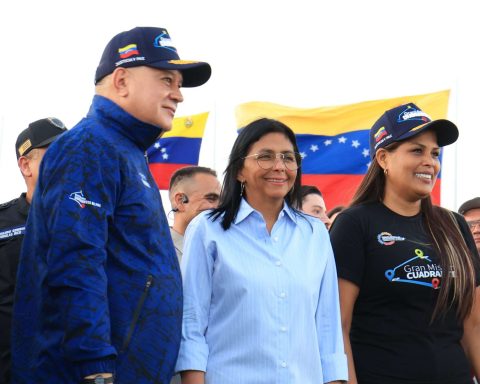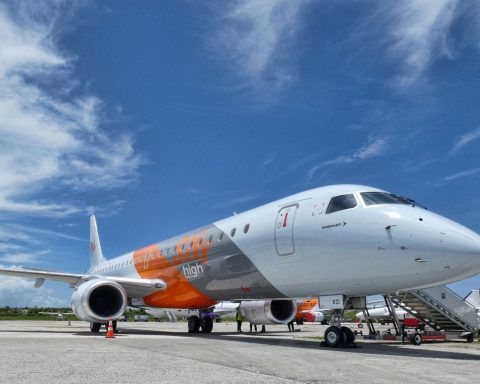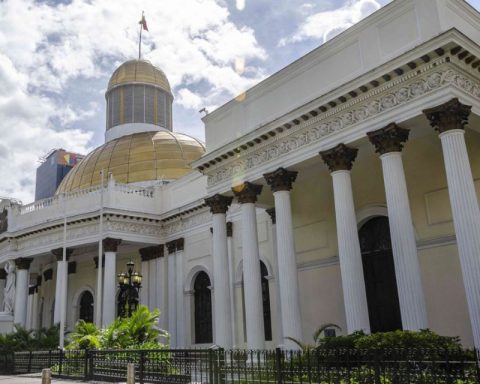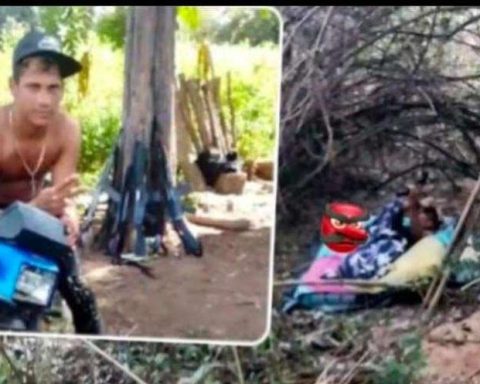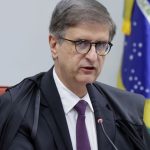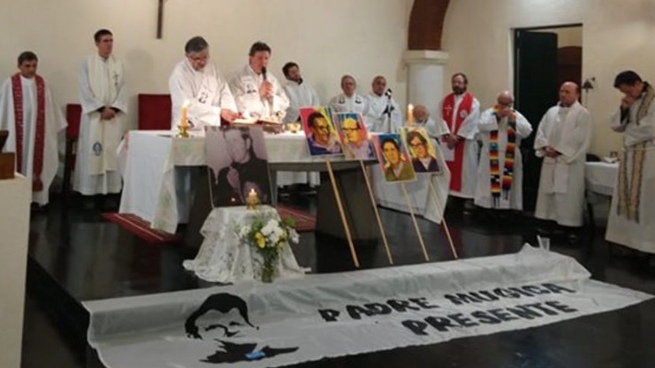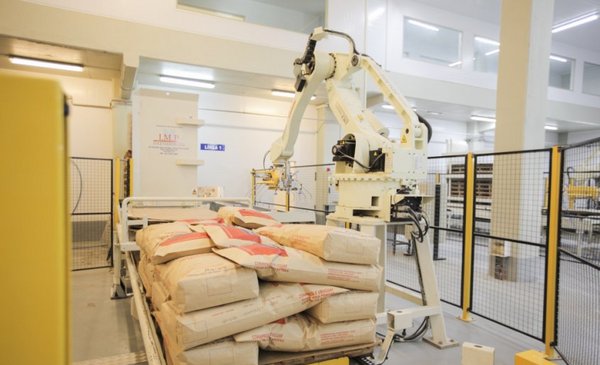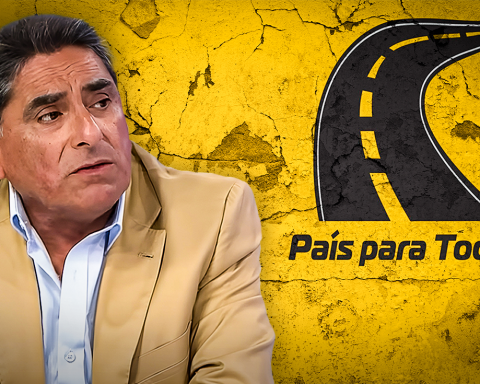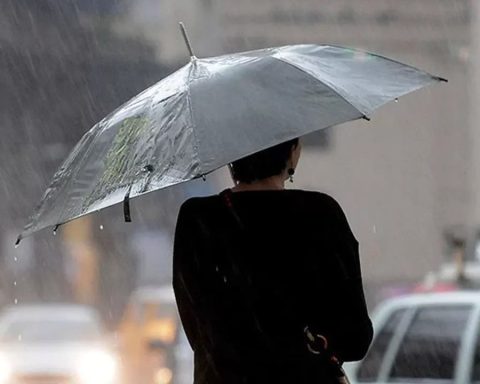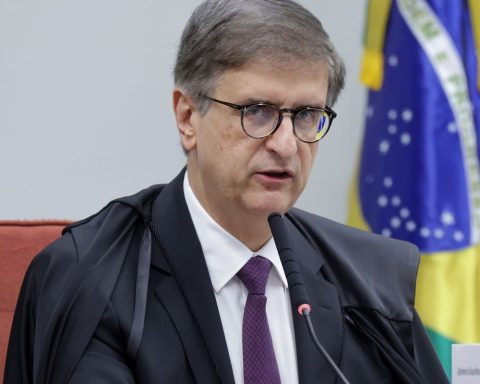Venezuela celebrates, with the spirit of youth in resistance and permanent struggle, together with the people and Government of Cuba, the 69th anniversary of the Assault on the Moncada and Carlos Manuel de Céspedes Barracks, a historic event that marked the Day of National Rebellion, that 26 July 1953.
That day, a group of young Cubans, led by the young Fidel Castro, set out, at the risk of their lives, to rewrite the political and social history of a Cuba that was oppressed by the regime of dictator Fulgencio Batista.
To commemorate such an important event in the life of the Cuban people, the Bolivarian Republic of Venezuela pays a well-deserved tribute to Cuba on the National Rebellion Day, with different acts to honor the young heroes who changed the course of history.
In this sense, through a statement published on the Foreign Ministry’s Twitter account, the Government of the Republic of Venezuela reaffirmed “the unwavering solidarity of Bolivarian women and men with the People of Martí and Fidel, who for 69 years after the assault on the Moncada and Carlos Manuel de Céspedes Barracks, it continues along the libertarian path initiated by the Centennial Generation.”
In the document, Venezuela emphasizes that “the assault on the Moncada and Carlos Manuel de Céspedes Barracks triggered the awakening of the conscience of the heroic Cuban people, and began the gestation of the future Rebel Army, which was capable of reaching the definitive victory over the tyranny on January 1, 1959; triumph of the revolutionary forces that today continues to inspire the battles that the peoples of Latin-Caribbean America and the world wage in defense of our dignity, sovereignty and our independence».
PSUV awards recognition
As part of the acts of commemoration of the 69th anniversary of the Assault on the Moncada and Carlos Manuel de Céspedes Barracks, the United Socialist Party of Venezuela (PSUV) gave the Cuban ambassador to Venezuela, Dagoberto Rodríguez, a recognition to the heroes and heroines from 1956.
The delivery was made at the Act in commemoration of the 69th anniversary of the assaults on the Moncada and Carlos M. de Céspedes barracks carried out this Tuesday morning at the embassy of the Republic of Cuba in Venezuela.
“We feel honored to once again accompany Cuba, dedicating a recognition to the Cuban people and youth who on July 26, 1953 gave their lives and sowed hope today,” said the Vice President of Agitation, Propaganda and Communication of the PSUV, Tania Díaz, when presenting a plaque to the Cuban diplomat.
Díaz stressed that “Cuba and Venezuela have known how to resist against the attempt to annihilate the moral and historical memory of the peoples. To that brave youth that is in solidarity with Cuba: you are the resistance of this time and hope is placed on you.
Cuban Ambassador: Support of the peoples
For his part, the Cuban ambassador to Venezuela, Dagoberto Rodríguez, at the beginning of his speech stressed: “We are in the battle for the defense of the sovereignty of our countries. And the support of the peoples of the world, especially that of Venezuela, has been one of the most powerful weapons in Cuba’s revolutionary struggle.”
“We have a shell of solidarity and support from the peoples of the world, peoples who want to build a different world,” he said.
Describing the event of the National Rebellion Day, the ambassador stressed that “for Cuba and Cubans this day is of great importance, it is the National Rebellion Day because a group of young people decided to reach the sky.”
He commented that “from that day until now we have traveled a complex and very difficult path because the empire not only wants a regime change, as they consider it, but also wants to eliminate the example that Cuba has given to the peoples.”
“The moments that Cuba is experiencing today are complex, where imperialism applies maximum pressure, but continues to resist, fight and win,” he remarked.
Mayoress: similarities in rebellions in Cuba and Venezuela
Likewise, during the act, the mayor of Caracas, Carmen Meléndez, took the floor, who said that «In Venezuela we live similar to what happened in Cuba with the young Hugo Chávez. We can say that there was a similarity between the events 69 years ago in Cuba and 30 years ago here in Venezuela».
For the Mayor «everything looks alike. Over there the July 26 Movement and here the 200 Movement. Prison for both leaders, then they are acquitted; Six years pass and Fidel seized power; while here in Venezuela Chavez six years after the movement he took political power ».
“As Venezuelans we say that this is the Bolivarian, Martian thought that we must continue forever,” he insisted.
Meléndez recalled that for Fidel, Martí was the intellectual actor of that movement, “and we say here with Chávez, the intellectual actor was Bolívar.”
The Mayor of Caracas expressed that Venezuela will be eternally grateful to Cuba “for so much that they have helped us in health. We have more than 30 thousand community doctors, that is the solidarity and brotherhood that unites us.
In thanking the solidarity and brotherhood of Cuba towards Venezuela, Meléndez reiterated that “we will continue in Revolution with the legacy of Chávez and Fidel and the guidelines of our president Maduro Moros, in Venezuela and, in Diaz-Canelin Cuba”.
Assault on the barracks
The assault on the Moncada and Carlos Manuel de Céspedes barracks was carried out on July 26, 1956, with the aim of unleashing an armed struggle against the dictatorship of Fulgencio Batista, president of Cuba from 1952 to 1958.
The group of young people who carried out the assault was unsuccessful in taking the fortresses, and the dictator ordered the killing of ten revolutionaries for each soldier killed in combat.
The historic feat of that July 26, 1953 marked the beginning of events that changed the course of an entire nation. The greatness of this historic feat transcended national borders and began a new era in Latin America, referred to a note from Telesur.
